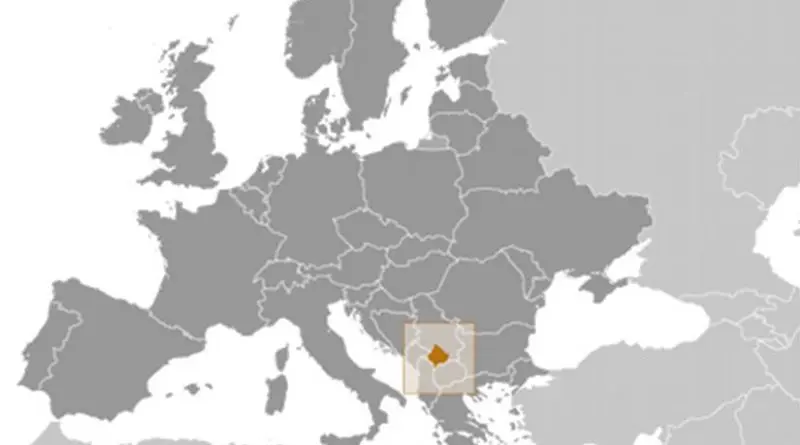Kosovo Sets Date For MPs’ Debate On Border
By Erjone Popova
Under conflicting pressures from the international community and local opinion, the Kosovo assembly has tabled a debate on the controversial border deal for August.
The Kosovo assembly on Friday has agreed to hold a debate on the controversial border demarcation agreement with Montenegro in August.
Assembly chairman Kadri Veseli said parliament had accepted the proposal coming from Shpejtim Bulliqi, an MP from the ruling Democratic League of Kosovo, LDK.
The debate will be held on August 3, with the participation at least of the 25 MPs who signed the request. There is no mention as yet of an assembly session to ratify the agreement.
At a previous assembly session, Bulliqi blamed the legislators on a special committee for the demarcation agreement for failing to properly inform people living in border areas of the terms of the agreement.
“Where are they? Why are they hiding? They should be open to the public and go into the fields and talk to the residents of Rugove [the border area near Montenegro],” Bulliqi said.
Kosovo Prime Minister Isa Mustafa – who supports the agreement – has also said the opposition should first participate in an open discussion on the matter.
“To ensure citizens’ feelings not manipulated, we will ask the opposition to tell us what the [contested] territory is about. If the opposition asks this this, we can take measurements on Kosovo territory… on the border with Montenegro,” Mustafa said.
Kosovo opposition parties and residents of regions claim the agreement potentially robs Kosovo of several thousand hectares of land.
The government is under strong international pressure to approve the agreement and send it to the assembly for a vote, and be ratified before the August holidays when the parliament goes into recess.
On Sunday, Victoria Nuland, the US Assistant Secretary of State for European and Eurasian Affairs, pushed for swift ratification of the agreement, while downplaying the nature of the debate on the issue.
“The debate on this matter in the assembly is relatively artificial,” Nuland told Kosovo’s public broadcaster, RTK, during her visit to Kosovo.
Previously, both President Hashim Thaci and European Parliament rapporteur on Kosovo Tanja Fajon have called for the agreement to be ratified before August.
The EU in May reiterated that it will only approve visa liberalisation for Kosovo if Kosovo steps up efforts to tackle organised crime and corruption and ratifies the border agreement.
However, the opposition Vetevendosje [Self-Determination] party has vowed to resort to “extraordinary measures” to prevent ratification of the agreement in the assembly, if need be.
Critics of the agreement note that other Balkan countries, which still have not resolved border issues with neighbours, were not subjected to such conditions when it came to visa liberalisation with the EU.
Kosovo is the only country in the Balkans which has not benefited of the visa-free status, causing citizens and politicians alike to complain of isolation and discrimination.
But conflicting pressures from international diplomats to ratify the agreement and from legislators, experts and civil society on the other, have left the government with a difficult dilemma.

